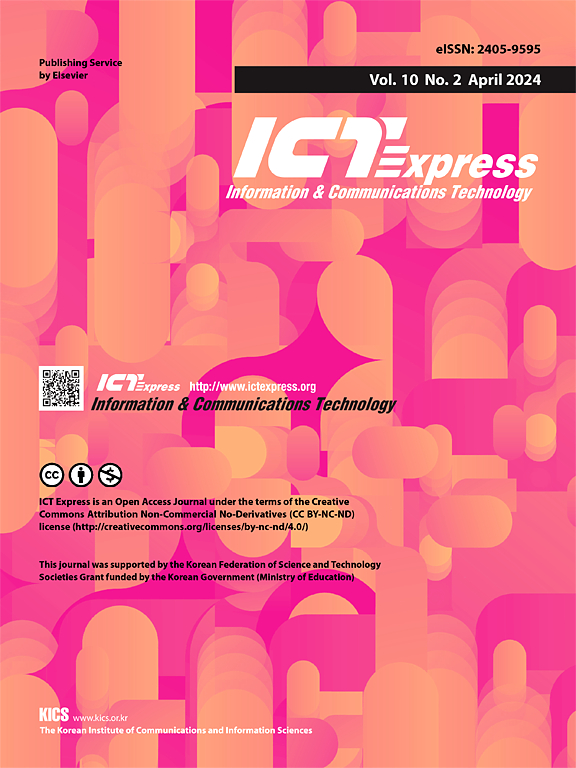基于深度学习的降噪长期血糖预测
IF 4.2
3区 计算机科学
Q1 COMPUTER SCIENCE, INFORMATION SYSTEMS
引用次数: 0
摘要
人工胰腺系统(APS)是一种用于糖尿病患者实时监测血糖水平并自动调节胰岛素的设备。血糖预测在这些系统中起着至关重要的作用,它能够对血糖变化做出主动反应,从而预防低血糖或高血糖等风险,并帮助患者有效地控制病情。然而,连续血糖监测(CGM)传感器数据往往包含显著的传感器噪声。如果不能有效降低传感器噪声,则会严重影响预测精度。因此,我们首先提出了一种用于CGM数据降噪的深度学习(DL)方法,其次,提出了一种基于系统响应函数的长期血糖预测方法,利用多输入(例如:血糖、碳水化合物(CHO)摄入和胰岛素)。在本研究中,simglucose基于UVA-PADOVA模拟器,用于测试和评估所提出的方法。结果,我们发现使用深度学习(DL)的降噪明显比传统的过滤方法更有效。此外,提出的长期血糖预测方法可靠地跟踪定制场景中的血糖波动,并准确预测每日血糖模式。即使在随机情况下,所提出的模型也能准确捕获血糖趋势,与实际BG值密切一致,并表现出显著的性能。本文章由计算机程序翻译,如有差异,请以英文原文为准。
Long-term blood glucose prediction using deep learning-based noise reduction
The Artificial Pancreas System (APS) is a device designed to monitor blood glucose levels in real-time and automatically regulate insulin for diabetes patients. Blood glucose prediction plays a crucial role in these systems by enabling proactive responses to glucose variations, thereby preventing risks such as hypoglycemia or hyperglycemia and assisting patients in managing their condition effectively. However, Continuous Glucose Monitoring (CGM) sensor data often contain significant sensor noise. Without effectively reducing the sensor noise, prediction accuracy can be severely compromised. Therefore, we first present a deep learning (DL) method for noise reduction in CGM data and, second, propose a long-term blood glucose prediction approach based on the system response function, utilizing a multi-input(e.g., blood glucose, carbohydrate (CHO) intake, and insulin). In this study, simglucose, based on the UVA-PADOVA simulator, was utilized to test and evaluate the proposed methods. As a result, we found that noise reduction using deep learning (DL) was significantly more effective than conventional filtering methods. Furthermore, the proposed long-term blood glucose prediction approach reliably tracked blood glucose fluctuations in custom scenarios and accurately predicted daily glucose patterns. Even in random scenarios, the proposed model accurately captured blood glucose trends, closely aligning with actual BG values and demonstrating remarkable performance.
求助全文
通过发布文献求助,成功后即可免费获取论文全文。
去求助
来源期刊

ICT Express
Multiple-
CiteScore
10.20
自引率
1.90%
发文量
167
审稿时长
35 weeks
期刊介绍:
The ICT Express journal published by the Korean Institute of Communications and Information Sciences (KICS) is an international, peer-reviewed research publication covering all aspects of information and communication technology. The journal aims to publish research that helps advance the theoretical and practical understanding of ICT convergence, platform technologies, communication networks, and device technologies. The technology advancement in information and communication technology (ICT) sector enables portable devices to be always connected while supporting high data rate, resulting in the recent popularity of smartphones that have a considerable impact in economic and social development.
 求助内容:
求助内容: 应助结果提醒方式:
应助结果提醒方式:


